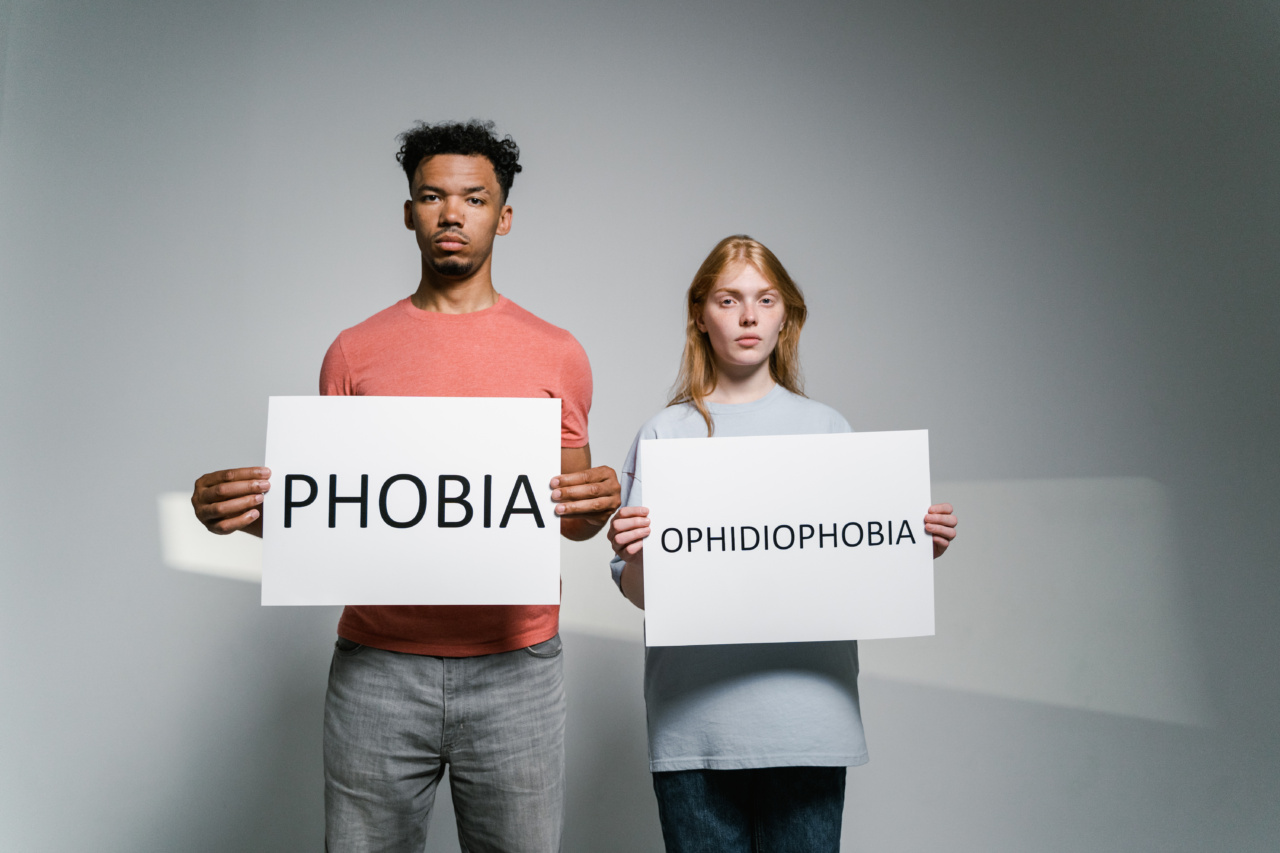Bile, produced by the liver, plays a crucial role in digestion by breaking down fats and assisting in the absorption of fat-soluble vitamins. It is stored in the gallbladder and released into the small intestine when needed.
However, when there is an issue with bile production, storage, or release, it can lead to various health problems. Recognizing the signs of bile problems can help prompt early intervention and treatment. Here are six common signs to look out for:.
1. Jaundice
One of the most recognizable signs of bile problems is jaundice. Jaundice causes the skin and whites of the eyes to appear yellow due to an accumulation of bilirubin, a yellow pigment produced when red blood cells break down.
When the liver cannot process bilirubin effectively, it can result in jaundice.
2. Abdominal Pain
Experiencing persistent or recurrent abdominal pain in the upper right quadrant may be a sign of bile problems. This pain can range from mild to severe and is often accompanied by tenderness.
It may be related to gallstones or inflammation of the gallbladder.
3. Digestive Issues
Bile plays a crucial role in the digestion and absorption of fats. When bile flow is impaired, it can lead to digestive issues such as diarrhea, oily stools, and difficulty digesting fatty foods.
If you consistently notice problems with fat digestion, it may be an indication of a bile problem.
4. Changes in Stool Color
Typically, bile gives stool a brown color. However, when there is a problem with bile production or flow, stools can become pale or gray in color. These changes in stool color can serve as an important indicator of a potential bile problem.
5. Itchy Skin
A buildup of bile salts in the bloodstream, often seen in people with bile flow issues, can cause itching (pruritus). The itching is usually more intense in the hands and feet and tends to worsen at night.
If you experience persistent itching without an apparent cause, it’s worth discussing with your doctor.
6. Fatigue
Chronic fatigue is a common symptom of various health issues, including bile problems. When the liver is unable to process bile effectively, it can impact nutrient absorption and lead to fatigue.
If you feel persistently drained, even after adequate rest, consider discussing it with your healthcare provider.
Conclusion
Recognizing the signs and symptoms of bile problems is crucial for early intervention and appropriate treatment.
If you are experiencing any of the aforementioned signs – jaundice, abdominal pain, digestive issues, changes in stool color, itchy skin, or fatigue – it is essential to consult with your healthcare provider. They can evaluate your symptoms and guide you towards the appropriate diagnosis and treatment plan.





























